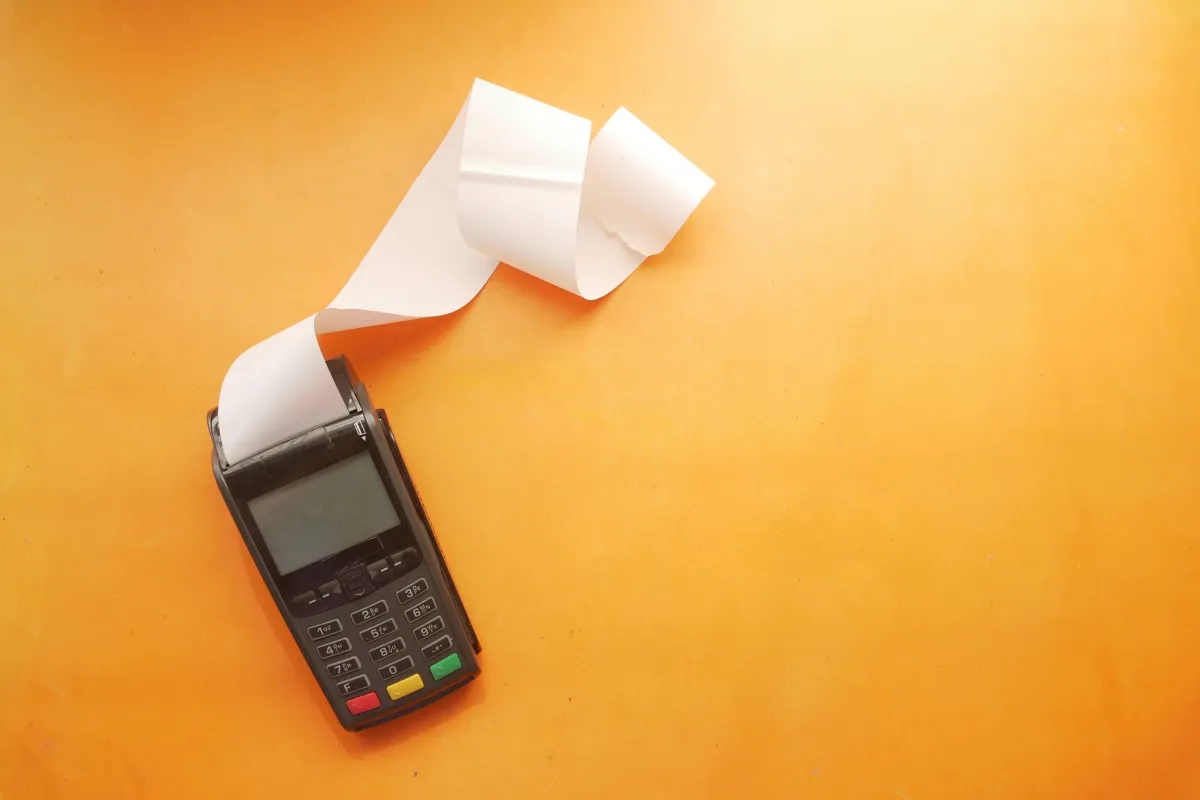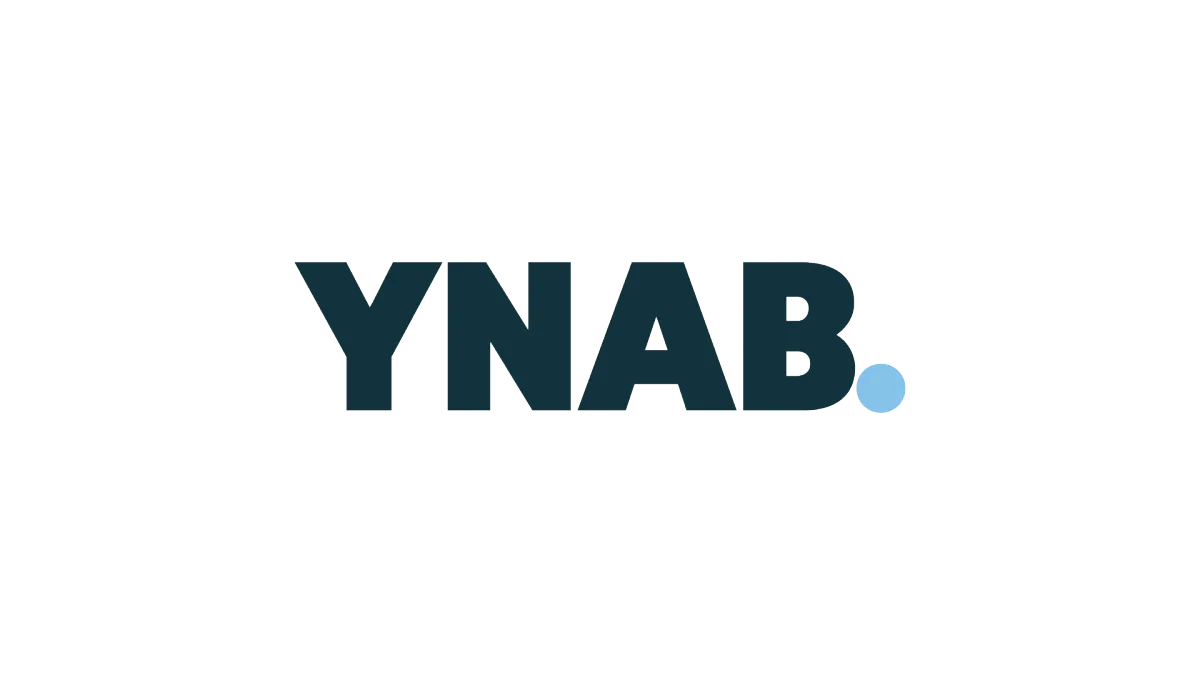
Access my free guide
Newly Single Jumpstart: 7 Financial Moves to Take Following the End of a Relationship
About Me

Jessica C. Koch, JD
Financial Coach and Advisor, Lawyer
My goal as a financial coach is to educate you on the basics of personal finance and, as a team, create a plan that reflects your values and goals. I aim to empower you to take responsibility for decisions, support you in your continued learning, and serve as an accountability partner and guide on your financial journey.
I help you decide what financial confidence means for you, work with you to embrace new habits, encourage you when the process gets tough, and hold you accountable to your goals.
My area of expertise and passion lies in helping women to take control of their finances following the end of a relationship. I started my career as a family lawyer, but I quickly realized I much prefer serving women going through divorce in other ways.
My experience as a family lawyer gives me a unique perspective when helping clients navigate post-relationship financial and emotional challenges.
In addition to my law degree, I am a certified financial advisor, a graduate of the Financial Coach Academy* and a Certified YNAB Coach**.
Blog

Why You NEED to Separate Personal from Business Finances
Today’s post is around why, if you’re self-employed, do you need to separate your personal and business finances. I have many clients who are either contractors, self-employed, or running their own small business. And most of those clients are not doing a great job of keeping things separated when they come to me. I think this is probably because they don’t have a solid idea of WHY you would go to the trouble of doing this.
So today I want to talk about first, why you would even bother. And then we’ll talk briefly about HOW you go about getting things untangled.
Well, there are really, really good reasons to do your best to keep everything separate, it turns out. And I commiserate with you - I, too, struggle to keep myself organized in terms of personal and business income and expenses. I run two businesses, and although I usually do a pretty good job of keeping everything organized, I do fall off the wagon from time to time - and then kick myself as I’m getting myself back on track.
First and foremost, keeping your business and personal finances separate will more than likely save you money in the long run, in a few different ways. When everything is accurate, you will be in a position to take advantage of all the write-offs, deductions and benefits available to you and your business. If it’s all a mess, there’s a good chance you’ll miss expenses that could be written off, or have an inaccurate recording of your business’s net income.
You will also save money in terms of how much your bookkeeper or accountant charges you to file your annual income tax return. The bigger the mess, the more time your financial professional will need to spend getting it organized for you, and that will translate into a bigger bill to you.
Another way that you will save money is where your own time is concerned. The less time you have to spend cleaning up the mess you’ve made, the more time you can focus on your business and making money.
And if you ever want to apply for a business loan, your financial institution will need to see organized records of your business finances to be able to properly assess your risk factors.
So - lots of reasons to do this. I honestly can’t think of any good reasons not to. Not feeling like doing it is not a good reason. I don’t know why else you wouldn’t do it. When I get lazy keeping track of everything, it comes down to me not feeling like allocating the necessary time.
Ok - so let’s move to the BEST things you can do to start separating business from personal today. Right now.
The number one thing to do is to open a separate bank account for your business. Make sure all payments and purchases are put into this account, and also make sure all bills that belong to the business are paid out of this account. If you can, apply for a business credit card too, that is attached to the business account. Pay this credit card from the business account. Try not to ever make personal purchases out of this account, and also - try not to make business purchases out of your personal accounts. This step is the most important thing you can do to start getting things organized.
Next, start paying yourself a salary out of the business account. This doesn’t have to be complicated - just decide how often and on what dates you want to pay yourself, and automate those transfers from your business account to your personal account.
You might wonder how to decide how much to pay yourself. The best way to do this is to first figure out how much you need to put away for taxes every month. This can be an estimate, but try to avoid UNDER-estimating. Overestimating will be fun surprise money at tax time. So - decide how much you need to set aside every month for taxes. Then, you want to be sure to leave enough in the business account to cover business expenses for the month. If you don’t know this amount, do your best to go back a few months and figure out approximately how much the business spends in a month.
Once you’ve done those two things, you can decide how much to pay yourself on a monthly or bi-weekly basis. After you’ve decided on an amount and automated those payments, RESIST THE URGE TO DIP BACK INTO YOUR BUSINESS ACCOUNT FOR PERSONAL EXPENSES.
This is also going to give you a good idea of how profitable your business is, BEFORE you get into trouble at tax time.
Alright, the final must-do is to track your business expenses and keep receipts. You don’t have to keep physical receipts, scans of them are fine. Doing this will make it infinitely easier for you and your accountant at tax time.
There are fairly convenient ways to do this. I personally love and have worked in Quickbooks Online for years now. They have a great mobile app that lets you upload receipts directly into your books, and categorize them on the go. If you need help getting Quickbooks set up - give me a shout, and we can arrange a session.
And just to give you an idea about how much it SUCKS to not have this all organized, and how expensive it can get, I have a story for you.
When I was in law school, I participated in the co-op program which meant that every other semester I spent working at a different law firm. One of those terms was at a tax law firm. My very first assignment was to take a huge box of receipts from one of our farming clients, and to photocopy each one onto a separate piece of paper (this was before scanners were popular), categorize them, arrange by date and put them in binders. That took me three whole days! And luckily the client was only being billed at my student rate, but it still wasn’t cheap.
So - keep track of your business expenses, and keep copies of your receipts. Don’t forget about expenses that are shared with personal, like mobile phones and internet. Keep track of those bills too, you are likely able to claim a certain percentage as a business expense. And if you work out of your home, you can also deduct an amount for things like heating, property taxes, water and sewer. Figure out the percentage of your home that you use for business - you can include the bathroom you use during the work day, and the kitchen if you use it during your work day. That percentage will inform your accountant or bookkeeper as to how much of your household expenses can be deducted.
If you use your personal car for work, keep track of the miles or kilometers you drive for business purposes, and keep track of your gas and car maintenance. Put a notification in your calendar every January 1 to take a photo of the mileage on your car, so that you know how much you drove in a given year - and how much of that was for work.
If you do the things I talked about today, you should be very well-prepared come tax time, and you can be fairly confident that you’re taking advantage of everything that’s available to you as a business owner.
I wouldn’t be doing what I’m doing if I didn’t believe in the huge benefit of hiring a financial coach to work through your day-to-day money management with, and to meet with periodically to make sure you’re on track. If you’re a small business owner and struggling to keep everything organized, I would love to talk to you about ways we can work together. So go ahead and book a free 15 minute QA call with me: https://link.flowi.io/widget/bookings/financialjumpstartqa
And remember - money doesn’t have to be hard! Keep sending me your questions.
Get In Touch
Book a FREE Q&A Call
This is a totally free, zero-obligation, 15 minute call, where you can ask all your questions and get a good idea of how we can work together.

*I completed the Financial Coach Academy, the industry’s leading financial coach training program, in April 2023. The Academy is like an MBA for financial coaches and I'm proud to continuously serve my clients by being a student of my craft. By completing the Academy, I have demonstrated my commitment to expanding my education, serving my clients, and growing my coaching business.

**I am a YNAB Certified Budgeting Coach, which means that I have been trained to coach people on using YNAB software and the YNAB budgeting method. I have met select requirements of You Need a Budget LLC in order to receive this certification, which means that I have the ability to competently coach YNAB to others. I am not an employee of YNAB, and all non-YNAB related opinions and recommendations are my own. My views do not reflect the views of YNAB and its employees or its affiliates.

